Three Books of Occult Philosophy
45.17 $
| Author(s) |
Henry Cornelius Agrippa |
|---|---|
| Format |
|
| Pages |
858 |
| Published Date |
1992 |
The Three Books of Occult Philosophy is the most complete repository of pagan and Neoplatonic magic ever compiled. This book is packed with material you will not find elsewhere, including copious extracts on magic from obscure or lost works by Pythagoras, Ptolemy, Plato, Aristotle, and many others. Tyson’s detailed annotations clarify difficult references and provide origins of quotations, even expanding upon them in many cases, in order to make Agrippa’s work more accessible to the modern reader.
The Three Books of Occult Philosophy by Agrippa is the single most important text in the history of Western occultism. Even today, occultists use the techniques first described here, although rarely giving credit to it. Barrett’s The Magus is a direct plagiarism of a part of this book. The Hermetic Order of the Golden Dawn’s systems of the Kabbalah, geomancy, elements, and seals and squares of the planets are all taken, in a large measure, from Agrippa―but for 500 years, Three Books of Occult Philosophy was almost impossible to find.
Besides the annotations, there are also extensive appendices on such topics as the elements, the magical squares, the humors, and more. Biographical and geographical dictionaries and the general index make accessing and understanding information in this book easier than ever. This is the ultimate version of the book that is the ultimate book on magic. If you are interested in any form of magic or occultism, you must get Three Books of Occult Philosophy.
Contents:
BOOK ONE – THE NATURAL WORLD:
- Ch. 1 – An introduction to the book summarizing its contents.
- Ch. 2 – A definition of magic.
- Chs. 3 to 8 – A definition of the elements and their qualities on earth and heaven.
- Chs. 9 to 13 – The natural and occult virtues of things and how they proceed from the elements.
- Chs. 14 to 22 – How to understand and find the virtues of things and assign them to elements and celestial bodies.
- Chs. 23 to 34 – Details about what things are ruled by the planets, stars, and signs and how celestial bodies impress themselves onto earthly things.
- Chs. 35 to 39 – How the mixtures of the elements create certain effects and how they receive special gifts from the heavens, which we can use for our own benefit.
- Chs. 40 to 51 – A list of particular techniques foundational to magic and how and why they work. This concludes with a general chapter on other miraculous effects mostly borrowed from Pliny.
- Chs. 52 to 60 – A series of chapters about forms of divination.
Chs. 61 to 66 – Begins with an introduction to the components of the mind and then moves on to the different passions of the mind. - Chs. 67 to 68 – How the mind can connect with the heavens and cause changes in the world.
- Chs. 69 to 72 – The power and virtue of speech, words, names, and incantations.
- Chs. 73 to 74 – The power of writing and letters.
BOOK TWO – THE CELESTIAL WORLD:
- Chs. 1 to 3 – On the importance and power of numbers and mathematics.
- Chs. 4 to 15 – The importance and power of individual numbers, with tables illustrating their correspondences.
- Chs. 16 to 21 – On the notation of numbers from various cultures and which numbers are appointed to particular gods and elements.
- Ch. 22 – The tables of the planets and the names and seals of their intelligences and daemons.
- Ch. 23 – The geometrical properties of natural matter and their magical powers.
- Chs. 24 to 28 – The proportion and harmony of music, the celestials, the human body, and the soul.
- Chs. 29 to 34 – How the celestials are important to magic, with detailed discussions on magical elections and Lunar mansions.
- Chs. 35 to 47 – The images and sigils of the planets, signs, faces, Lunar mansions, and fixed stars.
- Chs. 48 to 49 – Images of geomancy and things that come from the mind of the practitioner.
- Ch. 50 – Some magical astrological elections for particular effects.
- Chs. 51 to 52 – Characters derived from the imitation of the celestials.
- Chs. 53 to 54 – How astrology is essential for divination, and divination by lots.
- Chs. 55 to 57 – On the nature of the World Soul and its relationship with the celestials.
- Chs. 58 to 59 – On the souls of the celestial world, their names, and how they govern the world.
- Ch. 60 – How humans can connect to the higher spirits.
BOOK THREE – THE INTELLECTUAL WORLD, THE HEAVENS, AND CEREMONIES:
- Chs. 1 to 6 – The importance of religion, its parts, and the necessity of purity and secrecy, as well as the definitions of religion, superstition, and theology.
- Chs. 7 to 9 – A discussion on the nature of God and the Holy Trinity.
- Chs. 10 to 14 – The names of God and the names and sacred places of pagan gods.
- Chs. 15 to 22 – A discussion of the hierarchy and nature of celestial spirits, intelligences, daemons, and personal geniuses.
- Ch. 23 – The language of angels and how they communicate with us.
- Chs. 24 to 28 – On the names of spirits and various ways of discovering them.
- Chs. 29 to 31 – Of the characters and seals of spirits.
- Chs. 32 to 33 – How to attract good daemons and expel evil daemons.
- Chs. 34 to 35 – On the various orders of lower spirits and gods.
- Chs. 36 to 40 – A discussion about humans, the human soul, and the influences of divine and superior forces on humans.
- Chs. 41 to 42 – Death and a discussion on necromancy.
- Chs. 43 to 44 – The power and parts of the human soul.
- Chs. 45 to 52 – Various kinds of prophecies, ecstasies, and frenzies.
- Chs. 53 to 64 – The importance of purity and the different ways of purifying oneself. The last chapters move on to consecrations.
- Ch. 65 – Conclusion.
Three Books of Occult Philosophy By Henry Cornelius Agrippa pdf
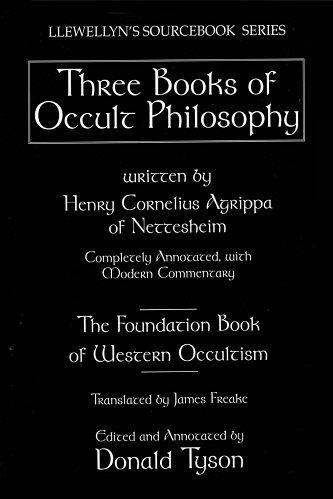
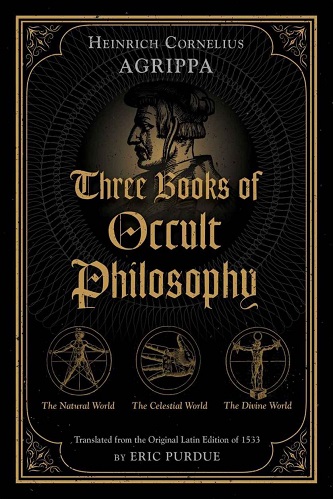
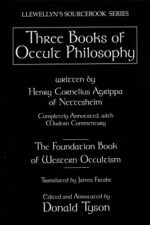
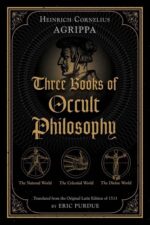
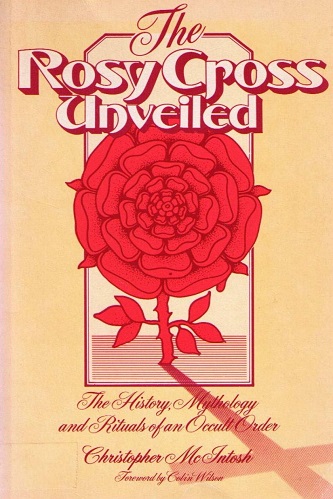
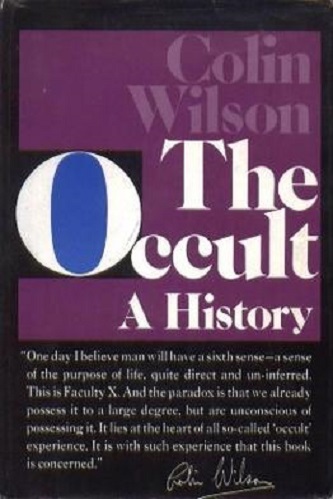
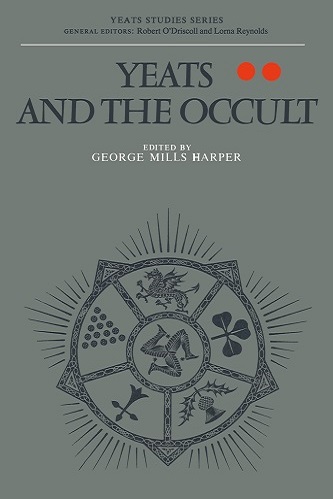
Reviews
Clear filtersThere are no reviews yet.